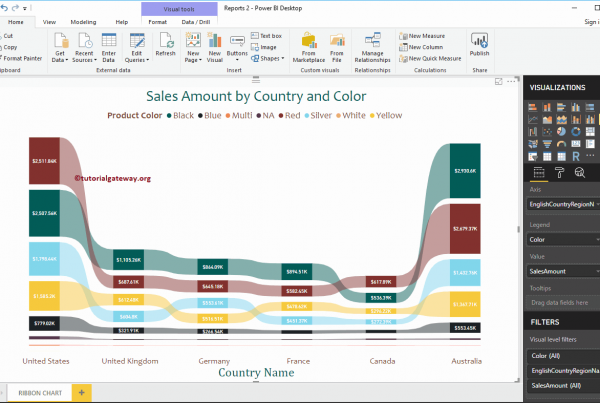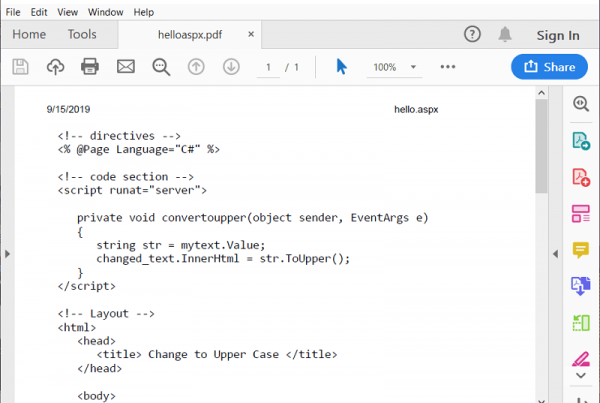Mixi is a Japanese social network founded by Kenji Kasahara in 2004. It was very popular from the beginning. In 2005, after just one year, the network already had more than one million users. A year later, there were already 5 million. By March 2012, the number of users had increased to 27.1 million[1].
Mixi Features
Like other social networks, Mixi offers a multitude of functions so that users can exchange information. These functions include
- Mixi Voice: Users send status messages and communicate with friends and family in their flow.
- Photo Mixi: This feature allows users to post photos that can be flipped through or commented on.
- Mixi Diary: Users can keep their own diaries.
- Mixi Checkout: This feature allows you to share a wide variety of content such as news, videos, locations, products, and much more. The function is linked to the GPS service of smartphones.
- Mixi Apps: Games, tools and much more can be found in the apps section.
- Mixi Calendar: Users can manage their appointments, invite their friends to events and keep track of responses.
- Mixi classmates: Here users can search and find old schoolmates from the past.
- Mixi Friends Network: This tool allows users to search for their colleagues.
Technical Bases
Mixi is primarily based on open source software and uses Linux, Apache, MySQL, Perl, Memcached, Squid, and Shard. The company has more than 100 MySQL servers in use and adds at least ten each month. Mixi uses 39 computers with a 2GB memory for caching. [2]
Using Mixi
A Japanese mobile device phone number is required to register with Mixi. In this way, anyone who does not live in Japan is excluded from the network. Since 2012, the service has provided a mobile device application for Android and Apple devices. Each account can accumulate a maximum of 1,000 friends (called myMixi).
Review
Mixi was criticized in 2008 when the social network announced an adjustment to its terms and conditions. The settings stated that users had to confirm that the rights to all the information they posted, including photos and other data, had to be transferred to Mixi. Despite everything, due to user protests, these terms and conditions were not implemented. To this day, all rights to the content made public remain with the original owners.
Web Links
- Mixi's history in Japan: the rise, fall and takeover of Facebook
- Mixi, the largest Social Network in Japan






